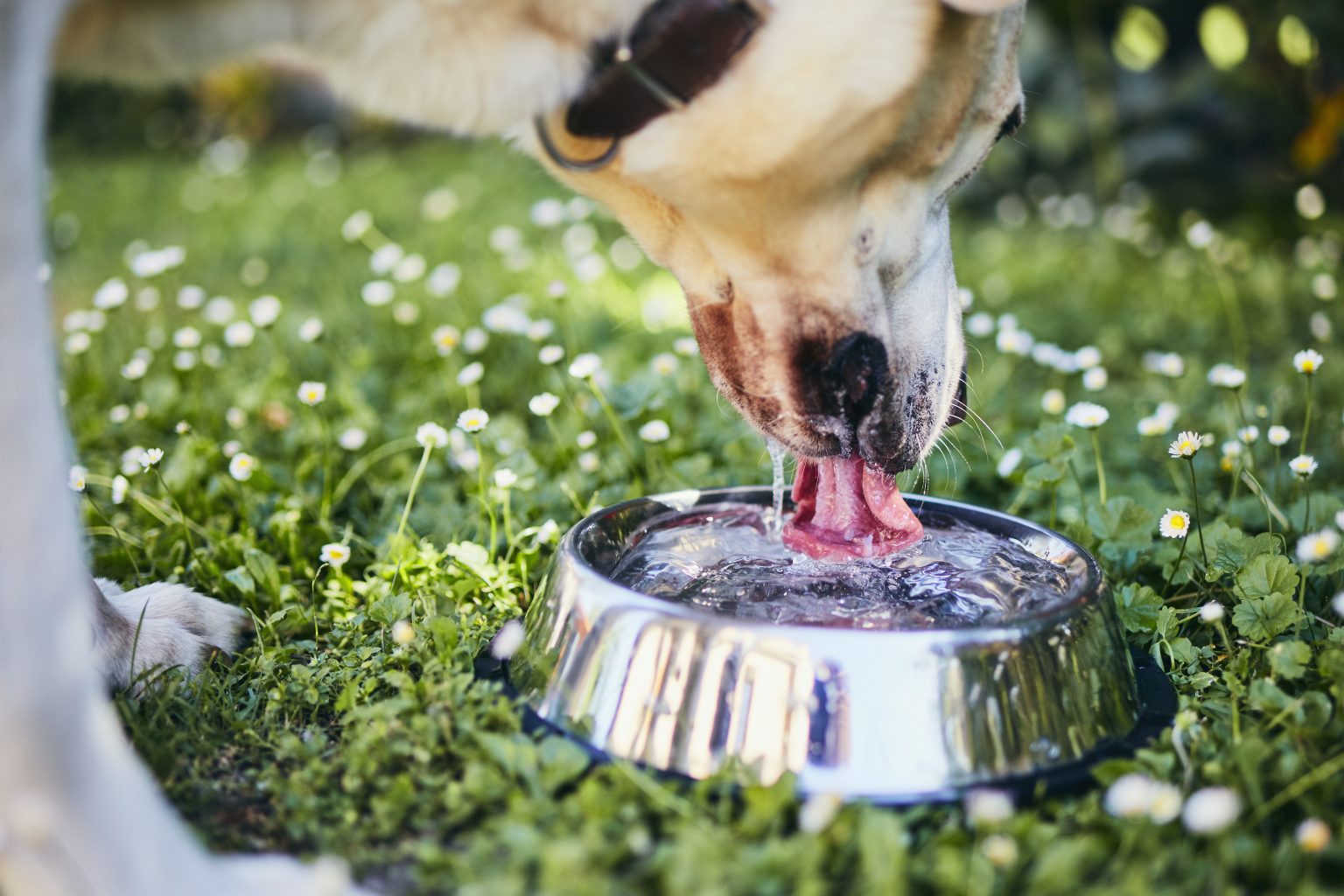Introduction
Bladder cancer affects tens of thousands of dogs in the United States each year, with certain breeds like the Scottish Terrier, West Highland White Terrier, and Shetland Sheepdog being particularly susceptible. This suggests a genetic influence on cancer risk, but environmental factors also play a large role in triggering this type of cancer. We already know that human bladder cancer is linked to environmental chemical exposure. People exposed to herbicides, cigarette smoke, inorganic arsenic in groundwater, chlorination byproducts in tap water, and acrolein (a chemical found in indoor air pollution and some heat-treated foods) have a higher risk of developing bladder cancer. Since dogs share our homes and water sources, do they also share this increased cancer risk?
Key Points
- Dogs with bladder cancer were more likely to swim in chlorinated pools.
- Tap water in areas where affected dogs lived had 4x higher chlorination byproducts.
- No significant differences were found in exposure to arsenic, acrolein, or herbicide 2,4-D.
- High-risk breeds include Scottish Terriers, West Highland White Terriers, and Shetland Sheepdogs.
- Installing water filters and limiting pool access may help reduce cancer risk.
Challenge Background
Bladder cancer, specifically urothelial cell carcinoma (UCC), is one of the most common and deadly cancers in dogs. It often recurs after treatment and leads to significant suffering and loss. Certain breeds are genetically predisposed, but the role of environmental factors has remained unclear.
In humans, bladder cancer has been linked to chemical exposures such as herbicides, cigarette smoke, and chlorinated water. Since dogs share our homes, water sources, and even our air, researchers questioned whether similar environmental risks apply to our canine companions.
The Breakthrough
Researchers at the University of Wisconsin-Madison examined both exposure levels and urinary concentrations of four known cancer-causing chemicals: chlorination byproducts, inorganic arsenic, acrolein, and the herbicide 2,4-D.
While no significant differences were found in exposure to arsenic, acrolein, or the herbicide, the study revealed a clear and concerning link between chlorination byproduct exposure and bladder cancer. Dogs with cancer were more likely to swim in chlorinated pools, and they lived in zip codes where municipal tap water contained four times the concentration of chlorination byproducts compared to areas where healthy dogs lived. This finding mirrors similar risks observed in human bladder cancer research and highlights a preventable environmental factor in canine cancer development.
Impact & Next Steps
This research offers actionable insights for dog owners, especially those with high-risk breeds. By limiting access to chlorinated pools and using water filtration systems, owners can reduce their dog’s exposure to harmful chemicals.
The research team is also expanding their work to study environmental chemical exposure and lymphoma in Boxers (02659: Breed Specific Reference Ranges for Canine Thyroid Testing). Preliminary results are promising, and final findings will help shape future cancer prevention strategies for dogs.
For ongoing updates, visit akcchf.org/caninecancer
